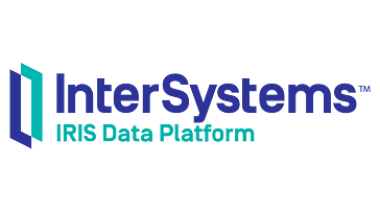SQL Server 2017 brings the power of SQL Server to Windows, Linux and Docker containers for the first time ever, enabling developers to build intelligent applications using their preferred language and environment. Experience industry-leading performance, rest assured with innovative security features, transform your business with AI built-in, and deliver insights wherever your users are with mobile BI.
Microsoft SQL
Images
Check Software Images

Customer Reviews
Microsoft SQL Reviews
David M.
Advanced user of Microsoft SQLWhat do you like best?
My favorite thing about this software is how robust of a tool it is. It has been the database engine of choice for many of the business systems I've used in my career: from PDM and ERP systems to design automation tools. The usage of this platform by the developers of those systems goes well beyond what I can create on my own. Yet, I have found the architecture of the interconnected tables used in these systems intuitive, giving me a shallow learning curve should I ever need to audit or retrieve data from those systems.
For a novice user such as myself, I have further found value in utilizing SQL as a leaner, faster version of Microsoft Excel. In some business roles, I've found that companies use Excel for databases, which grow slow and cumbersome as the volume of data increases. By storing data and doing basic calculations in SQL tables, I've been able to leverage SQL's significantly more efficient calculation abilities and read data in a fraction of the time. I have found this true to the extent that I've even used SQL outside of work for use in fantasy sports.
What do you dislike?
I'm not well versed enough in data architecture to comment on how effective SQL is compared to it's competitors (Oracle and MySQL). There have been times when I've wished there was more robust error tracking when there's an issue with a query that I wrote, but that's the only thing I've had struggles with that wasn't attributable to my own lack of expertise.
Recommendations to others considering the product:
As with any other database or automated system: mapping out your plan of action ahead of time goes a LONG way towards guaranteeing your success.
If you're using SQL for any internal database systems, I would further advise taking some time to figure out how to create dashboards to simplify analysis. If that seems like it has too much of a learning curve, that's fine. There are still ways to get SQL data into Excel for pivot tables/charts if that's more your style.
What problems are you solving with the product? What benefits have you realized?
Oddly enough, most of the problems aren't being solved by myself or my organization: it's the platforms (ERP/PDM/Automation) that are using SQL as their underlying database engine.
However, I have had success using SQL to create databases and dashboards to replace/integrate with ones created in Microsoft Excel. I would use either Excel or DriveWorks to query data or add new data to the dataset. The primary benefit for this is getting out of using Excel as a database storage device (Excel can slow down heavily once databases/files reach a certain size).














